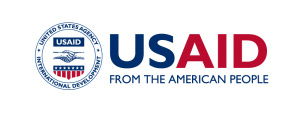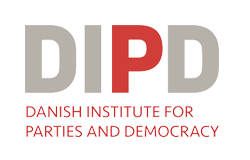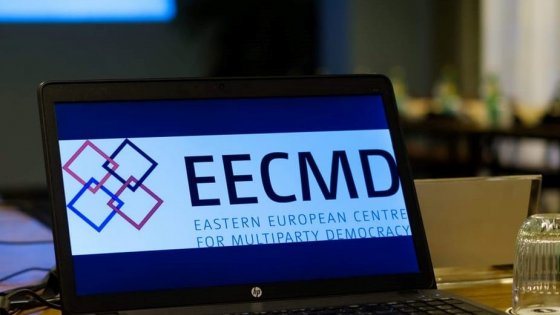In January, at the initiative of the EECMD, the third meetings of the political dialogue format were held in five cities of Georgia. The discussion topics were based on policy papers prepared by the invited experts within the DRIVE Democracy project. The online meetings were attended by the political party members, experts and DRIVE Democracy project participants. Representatives of the local self-governments also joined the meetings in several cities.
During the meetings in Tbilisi and Batumi, the challenges of the healthcare system in the midst of the pandemic were discussed on the regional level. The discussion was based on the policy paper of the field expert Nino Mirzikashvili – “Challenges to Georgia’s health system on the municipal level amidst the COVID-19 pandemic”.
The expert reviewed phases of the virus spreading globally and in Georgia, the latest statistics, past infectious diseases and the experience of dealing with them. Afterward, she addressed the legal framework that must be observed during the pandemic, emphasized the role and responsibilities of the self-governments in situations alike, as well as the importance of municipal public health services.
Recommendations provided in the document also referred to improve the situation at the regional level and focused on strengthening the municipal health services – increasing their functions and role, boosting the material and technical base, and training the staff. The recommendations also highlighted the importance of multi-sectoral work and the quality of public communication during the pandemic.
Interesting questions were raised at the meetings in both cities. For example, in times of economic crisis, how correct is the approach to vaccinate risk groups first and not the employed population instead? Is it realistic to create a database that includes complete information about the health of the Georgian population? Should public health centers remain in municipalities’ hands, or should they be returned to the Ministry of Health? And so on. The questions were addressed by the expert and representatives of the invited political parties.
Discussions held In Gori and Kutaisi were based on Koka Kighuradze’s policy document – “Challenges to the Citizen Participation in the Local Self-Governance” and the issues of public participation at the regional level were touched upon.
The author of the policy paper discussed the main principle of good governance – public participation in the decision-making process and addressed the challenges in this regard during the COVID-19 pandemic. According to him, good governance in itself implies citizen participation and creates a basis for it, develops tools for this purpose, and institutionalizes it. He also emphasized the problem of disenchantment and alienation in Georgian politics, when politicians are isolated and separated from the society, and citizens’ participation in politics is limited to the right to vote. Furthermore, positive examples of citizen participation were covered by the expert presentation. However, it was also mentioned that the problems are far greater. For example, low level of public awareness, the problem of internalization, political will, etc. Koka Kighuradze also touched upon the recommendations and noted that the future of self-government is digital, which will improve the quality of citizen participation.
The audience raised questions about the process of citizen participation in local self-governance and the extent to which it is different in large and small cities; also, what has led to a recent decline in citizen participation statistics and more.
As for the political dialogue format held in Telavi, challenges related to gender budgeting were discussed on the ground of Shorena Kakhidze’s policy paper “Challenges to gender budgeting in Georgia on the municipal level.”
During her speech, the expert presented the research’s main findings, addressed the legislative aspects of gender budgeting, and referred to the challenges in the municipalities in this regard. Furthermore, with the recommendations pointed out, she displayed the ways to deal with these problems and noted the importance of introducing the mechanisms to improve gender budgeting in the regions.
All five meetings were organized within the framework of two EECMD projects – “DRIVE Democracy: Developing Regional Information and Empowering Voters for Democracy” and “Enhancing Institutional and Electoral Capacities of Democratic Political Parties in Georgia”.


In January, at the initiative of the EECMD, the third meetings of the political dialogue format were held in five cities of Georgia.
